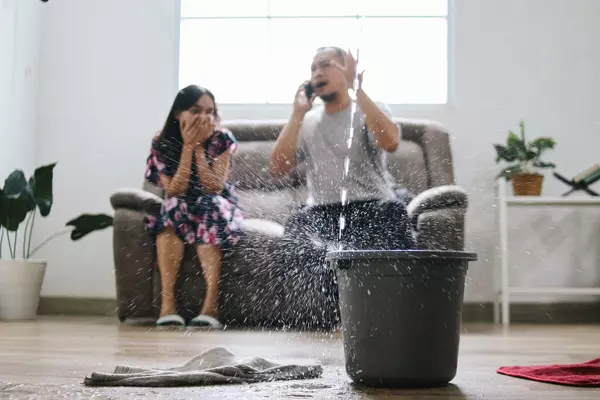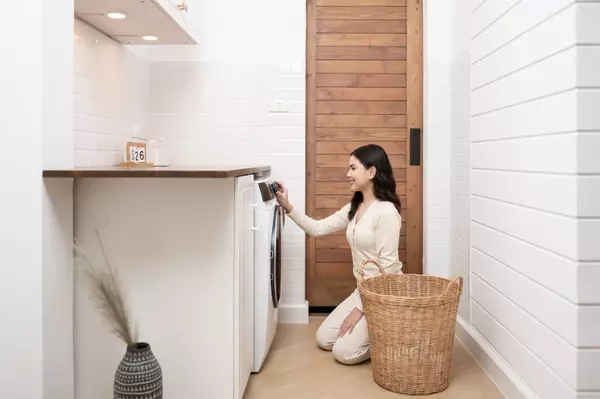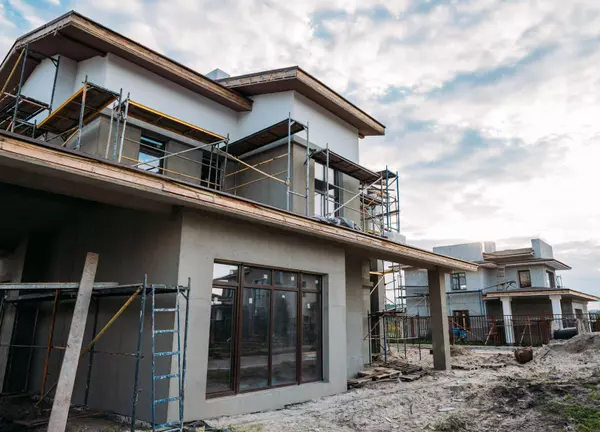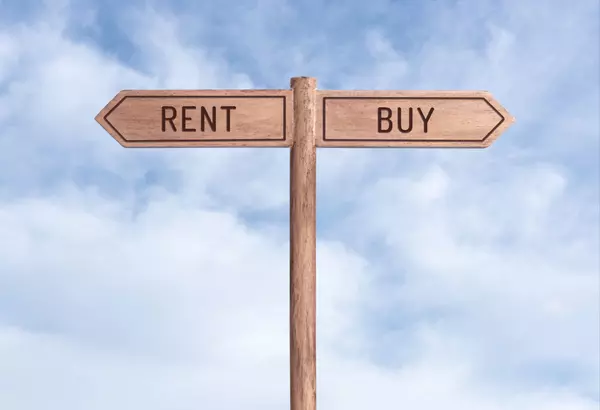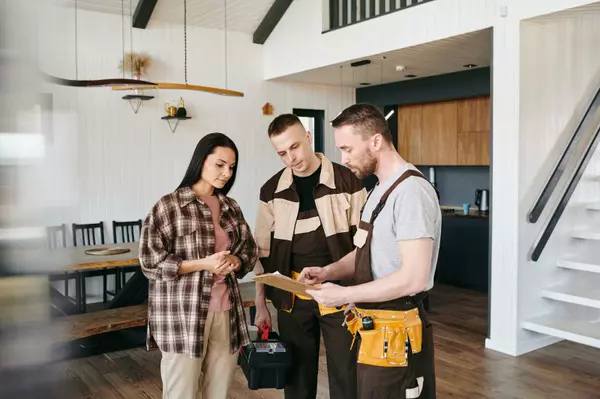We Are in Love With a House: Now What?

House hunting is an exciting process, but once you've chosen a home, you need to be prepared for the process that leads up to closing the deal.
The Offer
Your agent should be able to guide you on what an appropriate offer would look like for the home you're considering. He will analyze what other homes in the area are selling for and how this one compares to them. If it's fairly priced already, your offer won't be too far below their asking price.
The Art of Real Estate Negotiations
Your real estate agent will be doing most of the negotiations behind the scenes for you. Expect a lot of phone calls or texts if the sellers are playing hardball. Your Realtor will need your consent before agreeing to any terms on your behalf. Besides price, you can anticipate negotiating on terms like the closing date (perhaps the sellers want a quick closing), closing costs, furnishings, and repairs.
You're Under Contract
Once negotiations have ended, you'll sign a contract and submit a good faith deposit. The deposit shows the seller that you're serious and you're not going to walk away from the deal. The contract is going to layout all the terms you agreed on. Pay attention to:
- deposit amounts and dates (sometimes you make another deposit after 15 days)
- closing date
- the contract's terms on inspection items (some contracts require that sellers fix items while others state that sellers are not responsible for any repairs)
Life After the Contract
Once the contract is signed, things start moving. Fast.
You'll have a title company or attorney. Your agent should be able to recommend a few to pick from and offer you an explanation of how the two differ. Either way, these people handle the actual closing of the home. They'll be in touch with you from this point until closing to gather documents. They do a lot of work behind the scenes!
You'll schedule an inspection. Again, your agent will have a list of inspectors he recommends. You will most likely be paying for the inspection, so be sure to ask about the cost and how you'll be billed. Before you call, you'll need to know when your inspection period expires so that you can schedule accordingly. Here in SWFL, we have a 15 day inspection period. Allow for 24-48 hours for the results to come in and then 48 hours to review results and submit a request for remediations. In short, make sure your inspection occurs a few days before your inspection period expires.
The mortgage company is going to need a lot of information. They'll be asking you for financial and occupation information, so be ready! If you've already secured a preapproval, then this step should be easy!
After your inspection is complete and you've submitted your list of demands, things calm down and it's a whole lot of waiting until the big day.
The Big Day - Closing on your New Property
Closing day! Ah! Music to my ears! This is usually a very easy process. On closing day you will go to the title company or attorney's office and sign a lot of papers. Like, more than you have ever signed in your life. Do finger stretches beforehand. But once all the papers are signed, you are magically a homeowner! They hand you the keys and you can go open up your new front door.
Happy house-hunting and best wishes for a smooth closing!
Categories
Recent Posts

